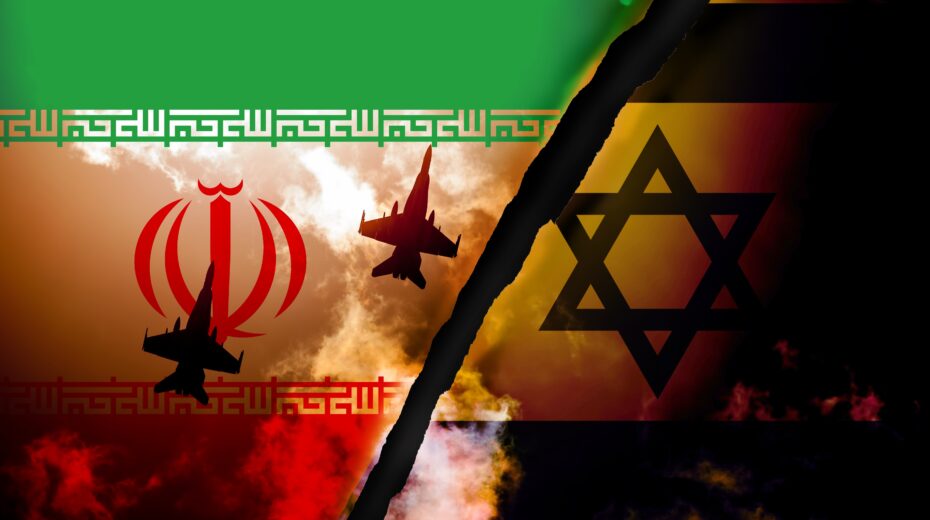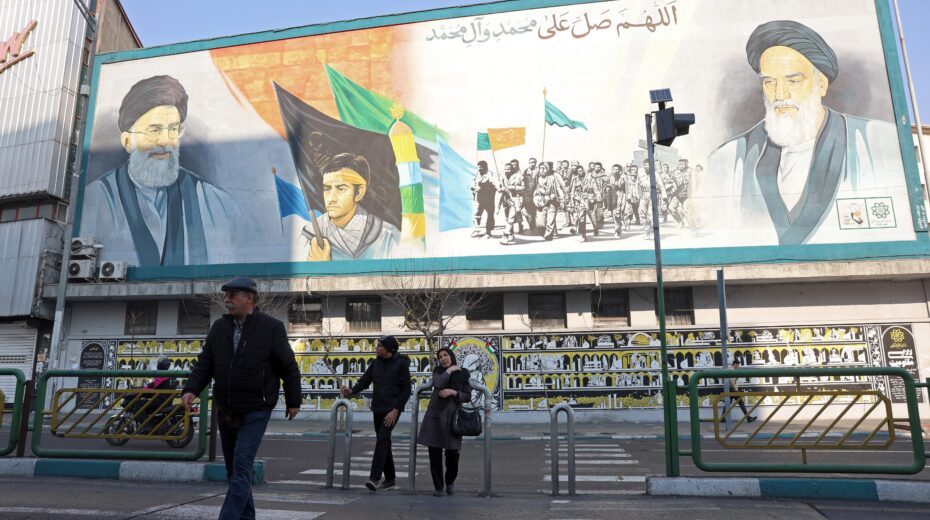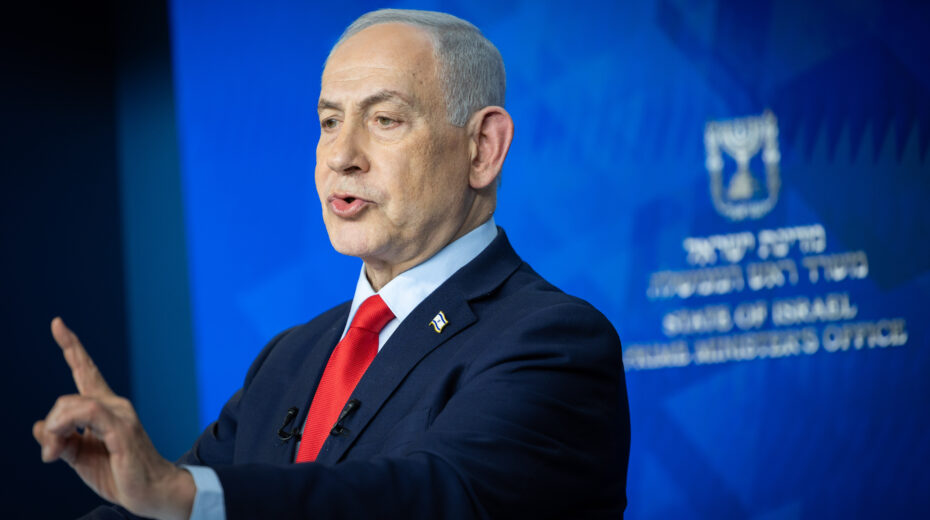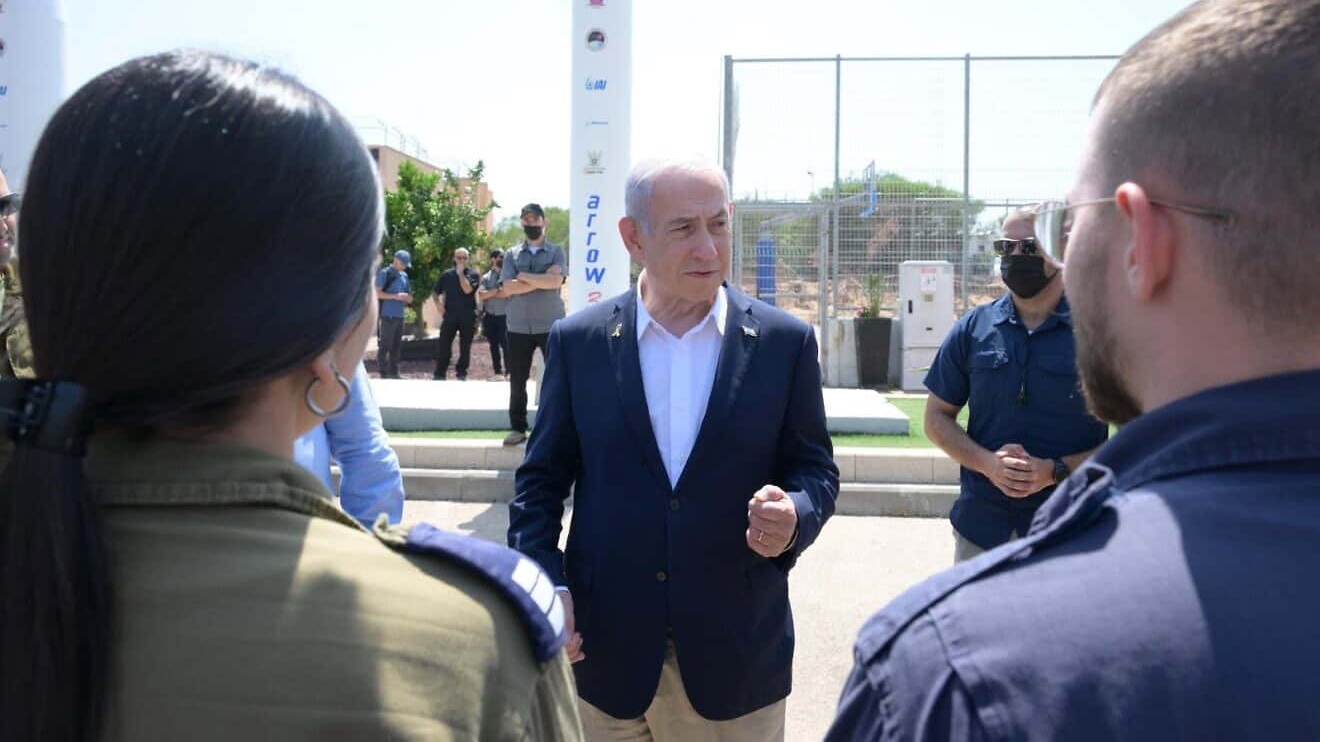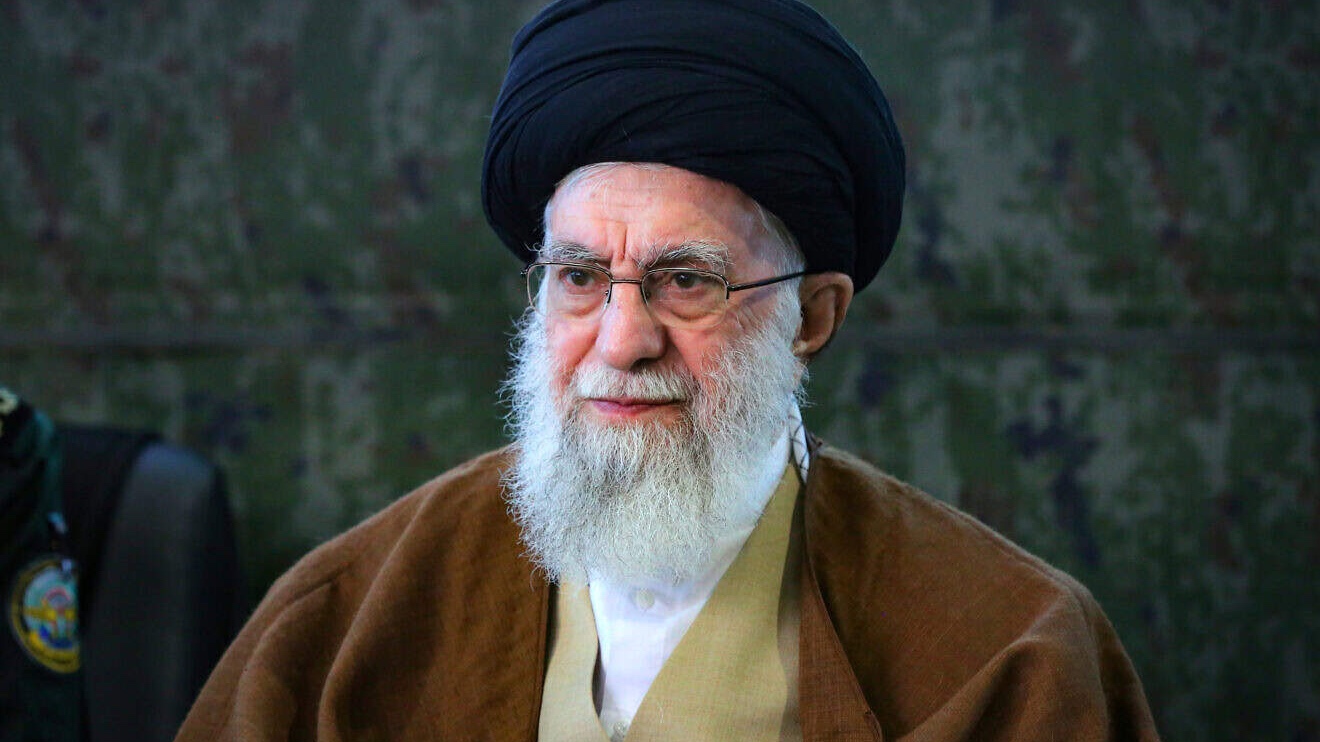Prime Minister Benjamin Netanyahu convened a small ministerial meeting last night, which included the heads of the defense apparatus, as part of a series of discussions about preparations for an Israeli attack on Iran. Over the past two weeks, several such discussions have taken place in various forums. At the same time, contacts with the Americans continue, aiming to achieve maximum coordination with them, particularly regarding what should happen if there is another attack from Iran.
The US continues to exert pressure to limit Israel’s response to Iran’s last ballistic missile attack to military/political targets and not to attack nuclear and oil facilities in the Islamic Republic. The arrival of a THAAD missile defense battery along with 100 American soldiers in Israel is part of this coordination, and it is not ruled out that Israel acquiesced to Washington’s demands to achieve this deployment. The differences between Israel and the US over the looming response have decreased, but it is not certain that the US will get everything it wanted in this regard.
For those wondering what has happened to Israel’s promises of a major attack on Iran, two weeks have already passed since the last Iranian attack. But Israel emphasizes: “One should not wait with a stopwatch in hand. The attack will come, and it will be significant.” Behind the scenes, there is an American-led international effort to ensure a limited Israeli response, one that would allow the Iranians to close the incident and return to normal.
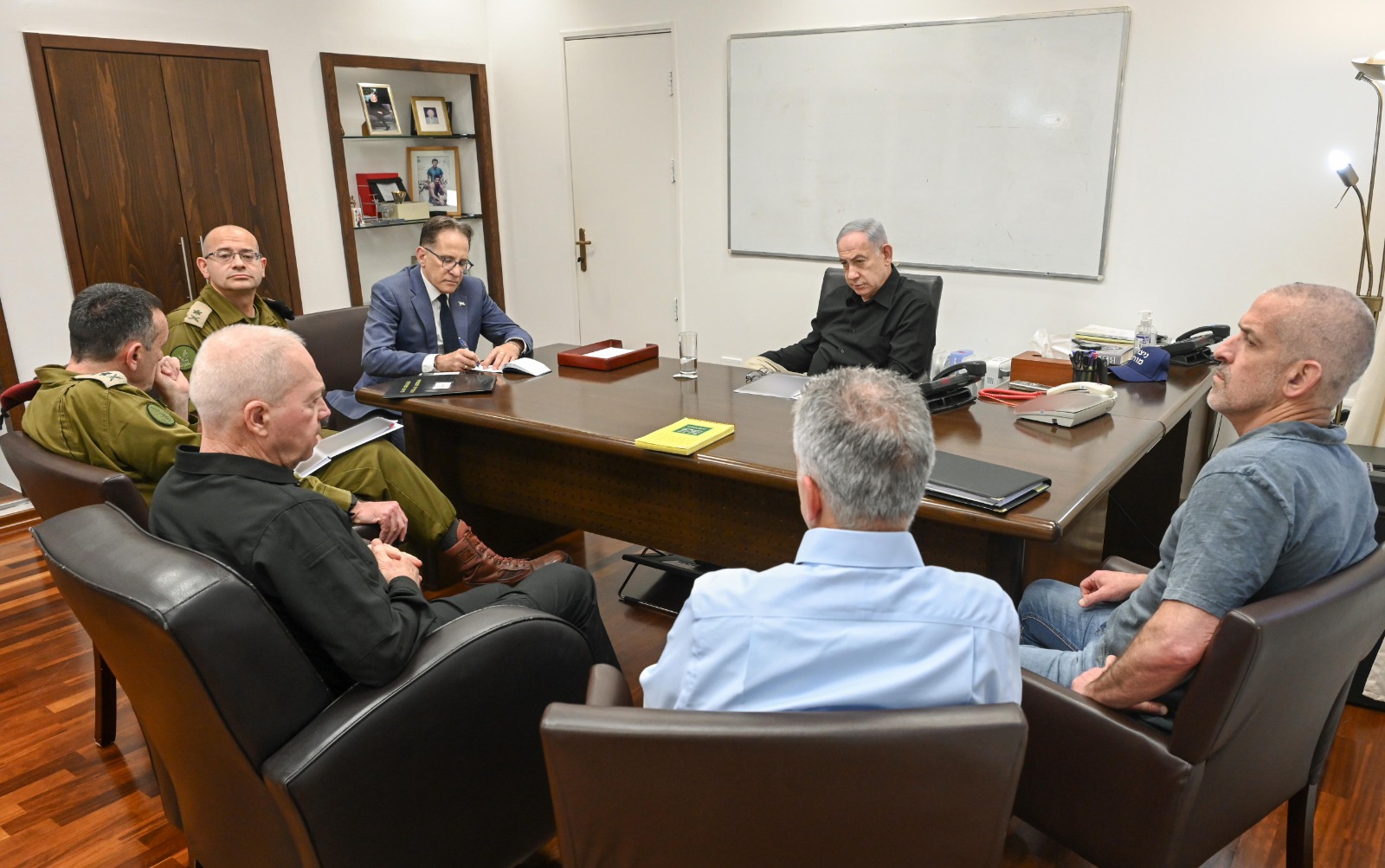
As for Lebanon—Israel is far from ceasing operations in Lebanon. On Saturday evening, the next phase of the ground maneuver began, which will go even deeper into Lebanon. Israel has been urged by the US to limit attacks in Beirut and avoid harming innocent civilians. Following a conversation between US President Joe Biden and Netanyahu, instructions were given that attacks in Beirut can only be carried out with Netanyahu’s direct approval.
Israel’s goal is to achieve an improved version of UN Security Council Resolution 1701. Unlike the Second Lebanon War, Israel has now achieved significant military success, far surpassing its military achievements in 2006. However, Israel’s current political ambition is not unrealistic—to push Hezbollah beyond the Litani River and ensure that it cannot reestablish itself along the border.
Sources familiar with the matter said the work regarding Iran is focused on planning the attack. There is no delay or postponement, and it has nothing to do with American pressure. On the contrary, Israel and the US are in agreement on this issue. What is happening now is mainly the coordination and refinement of the attack and preparation for what will happen next. No one in these rooms believes that the story ends once Israel attacks, as they know this will not be a low-profile attack, and it is likely that Iran will retaliate. However, at least some senior Israeli officials believe that Iran seeks a comprehensive ceasefire.
Israel clarifies that there is no decision not to attack Beirut, and the coming days will prove this. If the IDF detects a threat in Dahieh, it will strike.
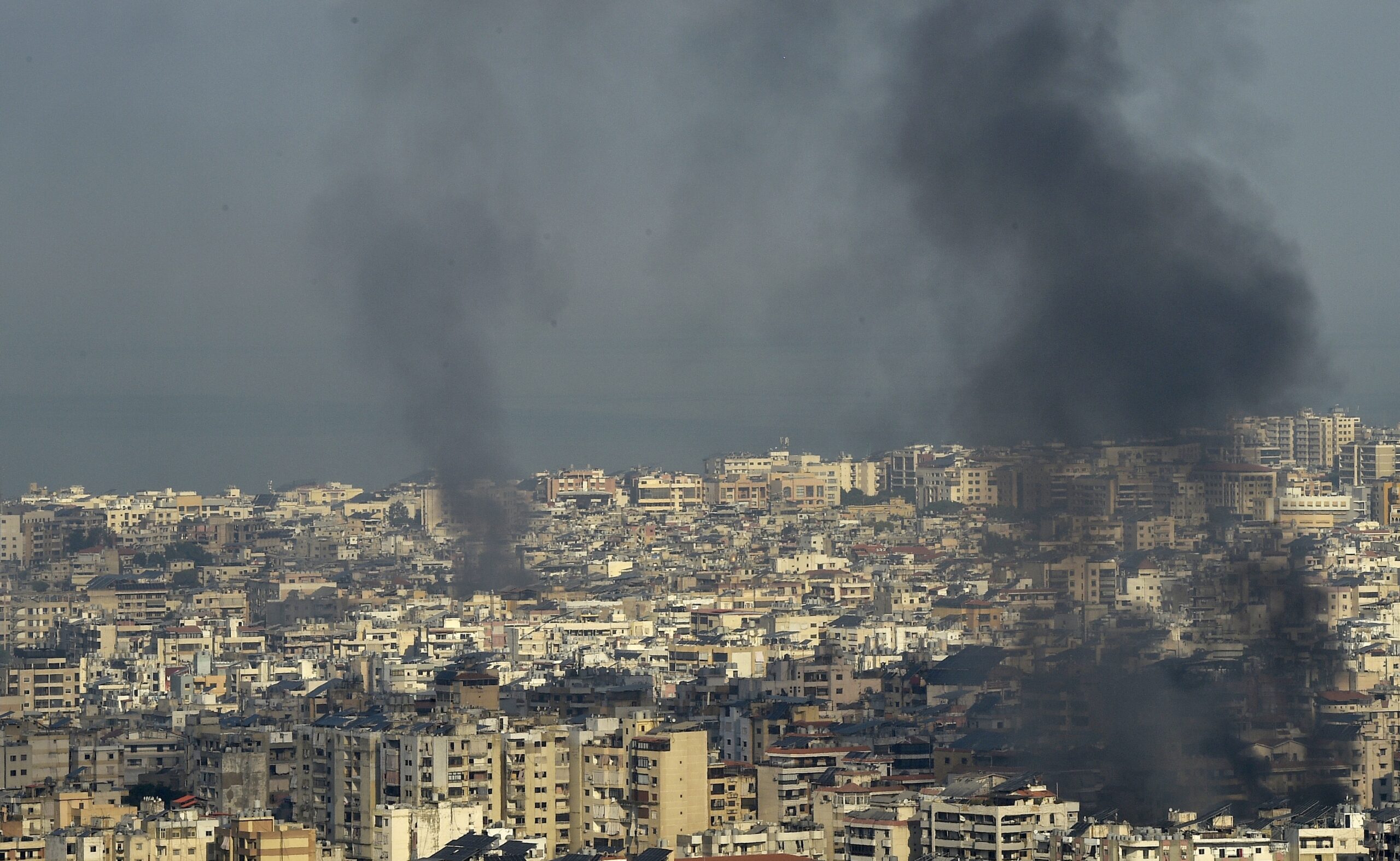
Israel is also beginning to think about the post-Lebanon war period. The US and other international actors, including France, are working closely with the Lebanese government to capitalize on Hezbollah’s weakening and reach an agreement on implementing UN Resolution 1701. Israel is not really involved in these contacts and will not settle for anything less than Hezbollah’s withdrawal to at least 10 kilometers from the border.
Even if an agreement is reached, Israel will remain active in Lebanon and will not allow Hezbollah to return to its pre-October 7 positions. Israel will continue its military activities to prevent and thwart Hezbollah’s threats to destroy the border fence and attack Israeli towns. Some villages in southern Lebanon will not be the same as they once were. In some cases, residents may not be able to return to their homes in southern Lebanon. Israel will not rely on UNIFIL or the Lebanese Army. It will only rely on itself. Behind the scenes, there is a clear understanding that Israel will not allow Hezbollah to regain its strength, which also means preventing arms smuggling and not repeating the mistake of the Second Lebanon War, when Israel turned a blind eye. In other words, Israel wants to maintain its freedom of action in Lebanon, just as it insists on its freedom of action in Gaza. It is not certain that it will get what it wants, but in the meantime, it is “clearing” the villages adjacent to Israeli towns and villages to allow the residents to return safely.
Meanwhile, Israel is preparing for a strike against Hezbollah, which seems to be recovering in recent days. Israel’s options also include stronger attacks that would seriously harm the Lebanese group.
In the background, there are Israeli attempts to break through the stalled hostage negotiations. It is believed that Hamas chief Yahya Sinwar will wait to see how the conflict between Israel and Iran unfolds. His desire for a regional war is strong and present. But if it seems that this will not happen, we might witness a breakthrough in the negotiations for an agreement—a quick breakthrough, unlike the drawn-out negotiations we are familiar with. The humanitarian agreement is no longer on the table, and suddenly there is talk of a major deal. In this context, Israel Security Agency (Shin Bet) chief Ronen Bar was in Cairo yesterday for the first time since last August, while Mossad Director David Barnea continues his talks with the Qataris.


